Remastered for release as a double CD with 150 minutes of music, this deluxe set features all three original Steve Miro albums - Rude Intrusions (1980), Second Sentence (1981) and hard-to-find Trilemna (1984) - as well as all four tracks from his early 7" singles on Object Music, and also five previously unreleased demo tracks.
Guest musicians include members of Spherical Objects, and the sleevenotes were penned by Steve himself. Mixing strong songwriting and evocative new wave pop stylings, the set is a must for collectors of post-punk, new wave and experimental genres.
Tracklist:
Disc 1
Singles
Up and About
Smiling in Reverse
Dreams of Desire
Queen of the Sea
Rude Intrusions
Choke It Back
Hammer and Tongs
Ain't You Got No Life
Making Money
Give Me Back My Dice
Shadow Screen
Gin Video
Breaking
Jeans for China
Good Looking Girl
It's a Long Way to Paris
Stuck For Words
Second Sentence
Gone Riding, Hit and Run
Something in a Nutshell
Mixed Opinions
Stories to Tell
Disc 2
Stand Inside the Light
Steps Up
Fire Away Son
Hiding It All Away
Mutiny
Trilemna
Hip Movies
Cameo
Lyndy Gone Dumb
No Sense At All
Pretend to Forget
Mary Mary
Barren Histories
Moon Rock
Picnics
Flying in the Face of Reason
demos
Take One More Dance
Why Should It Happen
Shooting Down
Walking and Talking
Natural Girl
"More superb Manchester swing - dainty, discreet and distinctive light rock that appears to be distantly related to Giles, Giles and Fripp, even the enigmatic elegance of Kevin Ayers" (NME, 09/1979)
"Sheer delight" (Sounds, 1979)
"This cover screams Prog Rock, and Steve Miro is obviously an ex-progger adapting (rather well) to a post-punk world. It's all there: prominent keyboards, including synthesizer solos, well-played melodic bass, all crammed into the three minute symphony bracket. There's nothing wrong with this, of course. The keyword is 'progressive', not 'regressive' as in Yes and ELP. Looking to advance the art of modern popular music, and I think Miro achieves this goal in a small understated way. Anyone who says Van Der Graaf Generator weren't a great proto-post punk band must be either deaf or stupid. Miro is obviously not in quite the same league as Peter Hammill, but still trod a similar path" (DoOrDIY, 2014
Born in the Lancashire town of Warrington in September 1949, I was christened Stephen John Escott. My father was in the Royal Navy Fleet Air Arm, which meant living all over the country to be near whichever air base he was stationed at each time. In 1961 the whole family settled in Fareham, Hampshire. When I was thirteen my parents bought me my first guitar as a birthday present. This was a nylon strung Spanish acoustic.
After I left school in 1966 I met some new friends through a work colleague who lived about five miles away in Gosport, and one of this crowd was Steve Scrivener. We started to play music together in various ways with various people, and stayed in touch from then on. In 1973 I got married and moved to Maidstone in Kent, with my wife and six month old daughter. Over the next two years regular visits from Steve Scrivener and some other musicians resulted in a plan to put a band together which at that time was tentatively called Jambhavan. Just before Christmas 1975 we all moved to Stretford in south Manchester, where the tentative band turned into a reality and became Joe Panic. Other members included Chris Gribble (guitar), Alan Robinson (drums) and Martin Claydon (bass). Between 1975 and 1976 we played around pubs and clubs, with Steve Scrivener on vocals.
Joe Panic split towards the end of 1976, and Alan Robinson became the manager of a venue called the Electric Circus, where I also worked. The Circus had rock bands playing and one night a band failed to turn up, so along with Martin Claydon and a friend called Mike Lavelle on vocals we did an improvised gig. This went down very well, especially the stuff with more energy to it, as the whole feeling at that time was a growing boredom with predictable stadium-type rock. Punk bands had started to play at the Electric Circus, who epitomized a more exciting and vibrant style, especially the Sex Pistols Anarchy tour, which came there twice in December 1976. So we decided to do some more appearances around and about and formed The Slugs. Meanwhile Steve Scrivener became resident DJ at the Circus, and became known as Steve Solamar.
I chose the name Steve Miro for two reasons. One was a result of playing in loud, noisy environments and having to spell my surname (Escott) every time someone asked me what it was. The other was because I had always been a fan of Joan (pronounced hwan) Miro, the Catalan artist. A lot of my songs contained ideas and images which were influenced by the abstract, and even the name of my band, The Eyes, reflected the fact that eyes appear as a motif in a lot of my lyrics and act as a mirror of the soul, as the saying goes.
Steve Scrivener formed his own band, Spherical Objects, and in 1978 put together Object Music as a vehicle to release their records. The second album on Object, Dubious Collaborations - Indicreet Music, was made up exploratory recordings made by him, me and others involved with Joe Panic between 1974 and 1976. Steve then kindly invited me to do a single, Up and About. Since it was a shared recording session with Spherical Objects, I used Duncan Prestbury, Fred Burrows and Roger Hilton as backing musicians. There were some good reviews, citing Dylan and the Byrds, the NME judging OM 03 'a sheer delight. Up and About finds our hero employing a deal of sardonic self-deflation as he learns to cope with being jilted. I predict this boy is going to be huge, etc.' In fact Up and About was about being ill as a child.
At the beginning of 1979 myself and Steve Scrivener recorded a one-off single as Alternomen Unlimited (OM 06), and then carried on this experiment as The Noyes Brothers. Meanwhile I recruited my own backing band, The Eyes, comprising Jimmy Carter (bass), Brian Martin (drums) and Delroy Smith (sax). My second single paired Dreams of Desire and Queen of the Sea, and was recorded at Revolution on 4 July 1979. When it came out the following month as OM 10 the NME praised 'more superb Manchester swing - dainty, discreet and distinctive light rock that appears to be distantly related to the protesting whimsy of Giles, Giles and Fripp, even the enigmatic elegance of Kevin Ayers.'
I recorded my first album, Rude Intrusions, at Revolution in the spring of 1980. By then Delroy had left to do more work with a big band and so Duncan Prestbury came in on keyboards. Freddie Burrows and Steve Scrivener also contributed trumpet and harmonica, and the album was produced by Andy Macpherson. The cover was quite Dali-esque and was a painting by a Manchester artist called Terry Crossley. I wrote at the time: 'My chief ambition is to become better able to translate feelings and experiences into sound. For me, the operative factor in playing and writing is fulfillment and enjoyment. Whilst nobody is making a fat fortune on Object Music, it is giving a real chance to those who stick with it, and it does not in any way sit on the personal freedom of its artists. So in many ways it stands for and perpetuates the values that so many big companies let slip.'
In fact I had enrolled as a mature student on a degree course at Manchester University in September 1977, so music had to be a part time thing. Despite this, as well as my solo records there was also The Noyes Brothers with Steve Scrivener, who released 100 minutes of experimental music on a limited edition double album called Sheep From Goats. One of the tracks, It Seemed Like A Good Idea At The Time, lasted an entire side. When it was issued in July 1980 I wrote: 'It reflects an interesting, long-standing relationship with Steve Solomar. For some years Steve and myself had kept up a musical correspondence with cassette tapes, some of which surfaced on the Dubious Collaborations album. It seemed a logical extension to continue this work in the studio, so The Noyes Brothers were born to continue this learning process in a more sophisticated area. It also serves as an outlet for the exploration of texture in music, the feel of sound itself, rather than continue the emphasis on melody which characterizes the work of Spherical Objects and The Eyes.'
Actually The Eyes had been disbanded by the time I recorded my second solo album, Second Sentence. The guys had gone to other bands with friends to explore other areas of music and get into writing their own stuff, and I was doing my final exams. This meant I had no band to record with, so Second Sentence was largely the brainchild of the producer, Andy Macpherson, although the writing and vocals were all mine. I was backed by session musicians who were all under contract to other labels, and couldn't be named on the sleeve. So they became The Eyes. The exception was Freddie Burrows, who played some keyboards.
Second Sentence came out in April 1981, but soon after that Steve Scrivener decided to wind Object up. However Steve did help me contact Dave Barker of Glaze Recordings, who offered to release a third album called Trilemma. This was recorded in a much smaller studio in Manchester over a few days, and mixed down in two short sessions over a weekend with Dave Barker acting as producer. Although a bit hurried and with slightly too much echo on some things for my taste, the songs reflected my output fairly well. The musicians I used included Martin Claydon, Brian Martin, Freddie Burrows and Ged Yeates, with backing vocals from Jae Boyer and Jill Burke. Sadly I didn't hear much from Dave Barker after work was completed, except that he sent me a test pressing in a plain white sleeve with a mock-up of my artwork pasted on the front and back, with Trilemma spelt as Trilemna for some reason. I didn't even receive any copies of the finished product when it came out sometime in 1984.
I left Manchester with some recordings on tape of work done with Ged Yeates, who worked as an engineer in a four track studio in Ashton. These include Ged on bass, Freddie Burrows on keyboards and trumpet, and me. Some of this, I guess, would have been released as Steve Miro material if I had still been putting out records. After this, in 1986, I returned to Southampton, which is where my wife came from, along with our two daughters. We remained there until 2002, when one way or another we had all made our way to Glastonbury.
Steve Miro (2010)

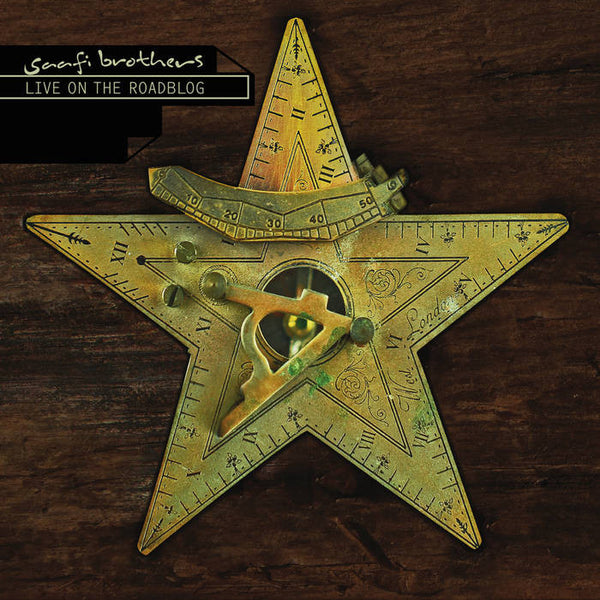
$12.60 - Sold Out
Originally released digitally on Iboga in 2014, Live on the Roadblog is the latest full-length by Saafi Brothers, comprised of longtime dubtech-nician Gabriel Le Mar...

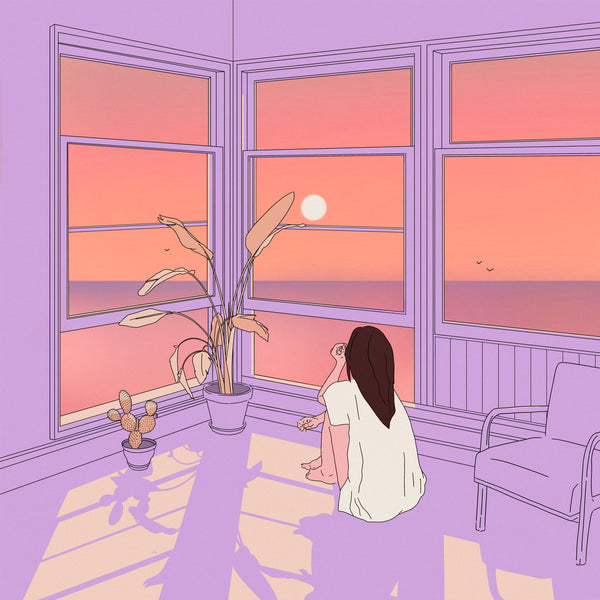
$8.00
Release Date: 11/6/2020Moon and Sea by Sachi Kobayashi is a wistful and romantic accompaniment for window gazing and sleepless nights. Sachi is a Japanese producer based...

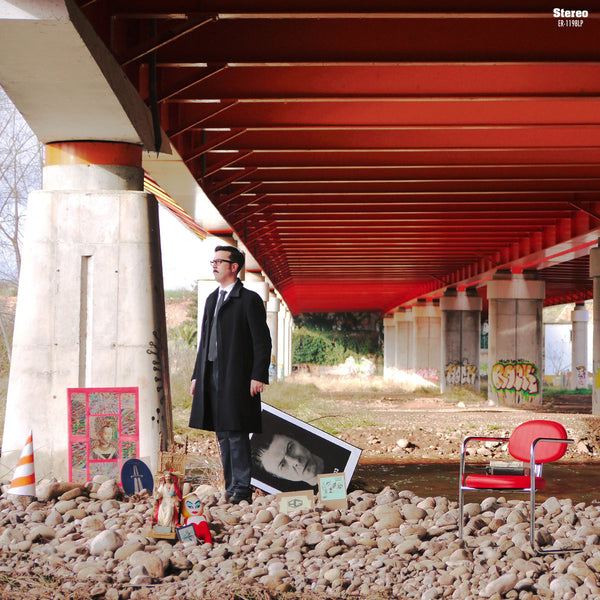
$14.80
White vinyl 10" with download limited to 500.SAGRADO CORAZÓN DE JESÚS is the project of Jesús Fernández, a magical and celestial being. His demos caused...

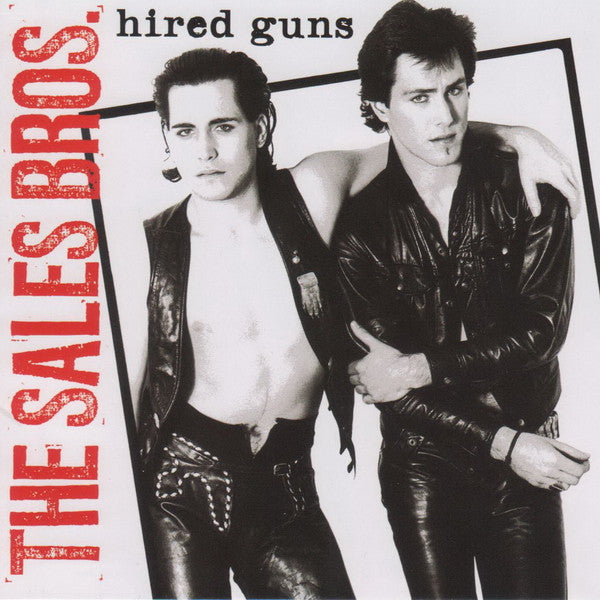
$12.00
Released: 2008Only 4 copies.1 Buzz In Your Hive2 Lonely Too Long 3 You Really Know How (To...

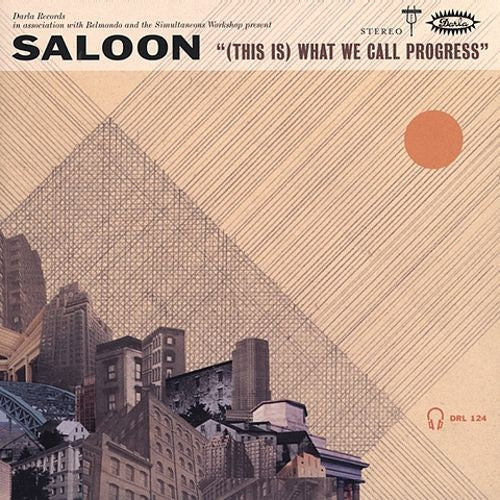
$8.00
1. Plastic Surgery, 2. Bicycle Thieves, 3. Le Weekend, 4. Make it Soft, 5. Static, 6. Girls are the New Boys, 7. 2500 Walden Ave.,...

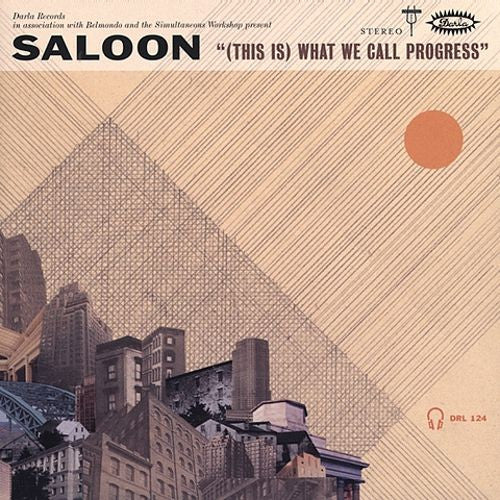
$21.00
If We Meet in the Future 20th Anniversary bundle. The bundle combines all three CDs Saloon released on Darla (US) and Track and Field (UK), 2002-2006.The debut....

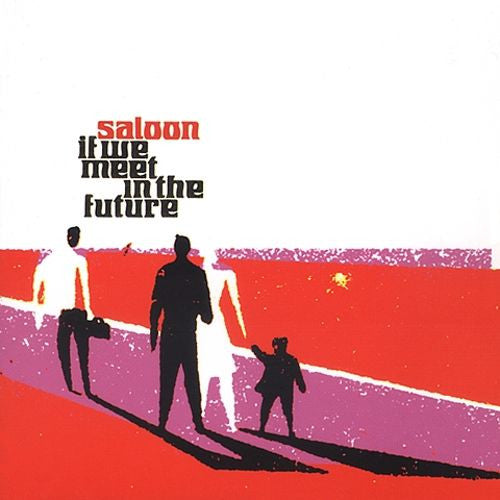
$8.00
1. Vesuvius, 2. Absence, 3. Que Quieres?, 4. Happy Robots, 5. Kaspian, 6. Dreams Mean Nothing, 7. The Good Life, 8. Intimacy, 9. The Sound...

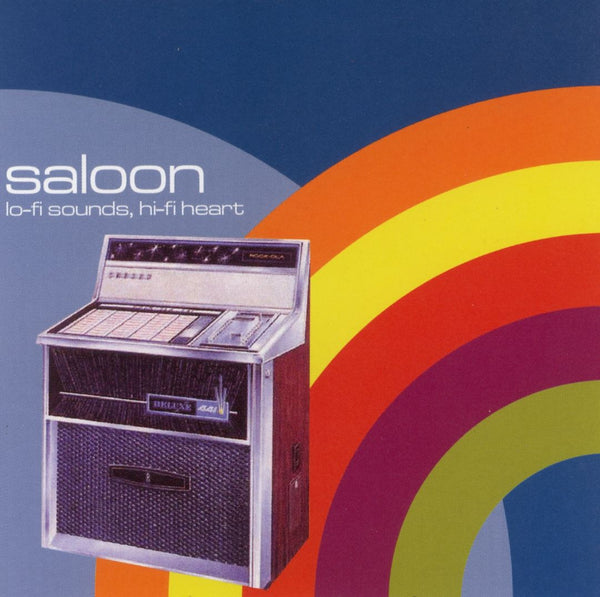
$8.00
1. Futurismo, 2. Shopping, 3. Song For Hugo, 4. Electron, 5. Sueno Escolar, 6. Impact, 7. Snow, 8. Free Fall, 9. Movimiento, 10. Have You...